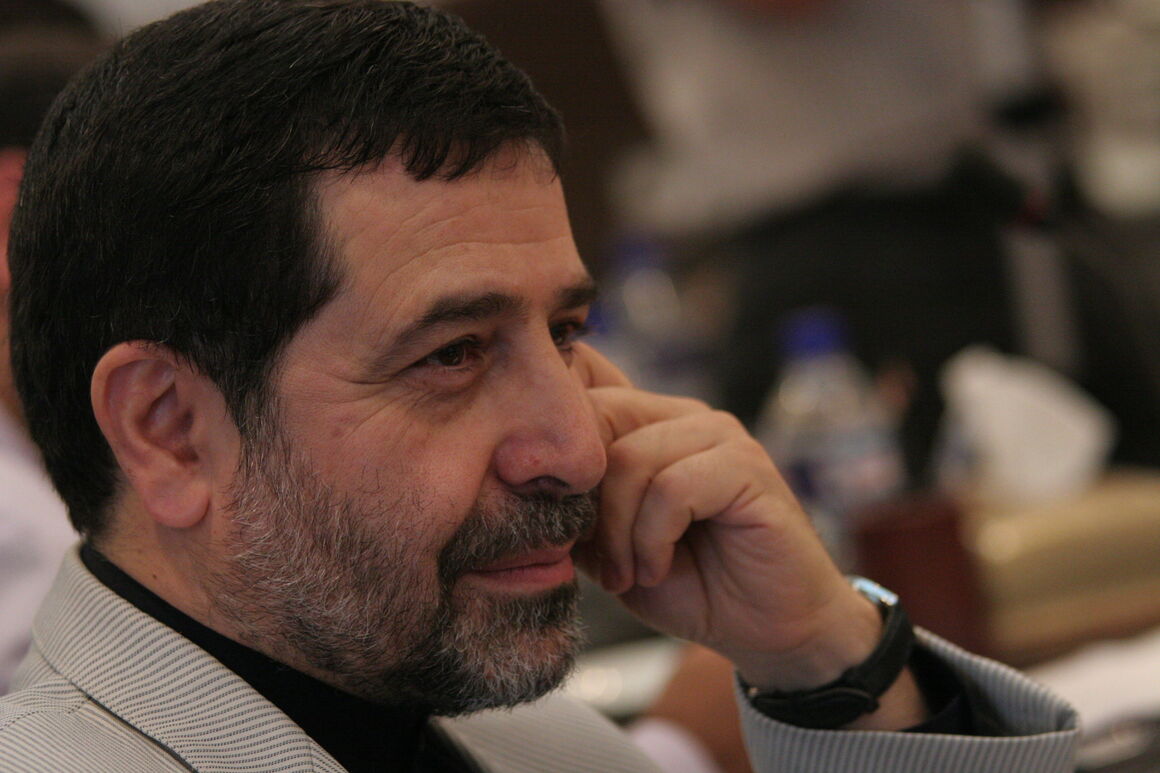A three-way gas swap agreement was struck between Turkmenistan, Iran and Azerbaijan on November 28, on the sidelines of the 15th summit of the Economic Cooperation Organization (ECO). Based on the deal, Iran will deliver 1.5 to 2 billion cubic meters of gas from Turkmenistan to Azerbaijan.
The Iranian Minister of Petroleum, Javad Owji, had announced on the day of the agreement: "With signing this deal, which will be operational as of December 22, a step forward was taken in the energy relations between the two countries. This contract will also help provide sustainable winter fuel for the provinces of Khorasan Razavi, North and South, Golestan and Semnan."
One of the advantages of signing a gas swap contract is increasing cooperation with neighbors. Will the increase of cooperation with neighbors be achieved only by signing this contract?
Hojjatullah Ghanimi-Fard, former director of international affairs of the National Iranian Oil Company, told Shana about signing of the Turkmen gas swap agreement with Azerbaijan via Iran.
Although the size of the current contract is not high, its beginning should be auspicious, because by solving the economic problems and increasing oil and gas production in Iran, it can prove not only to be a supplier of oil and gas, but also a suitable and safe route to transport oil and gas to neighboring countries in various forms, he said.
He listed the most important modes of cooperation between Iran and neighboring countries: “There are different ways to cooperate with neighboring countries, including buying oil and gas from neighbors, transferring and selling it to other neighbors or other countries, transferring oil and gas through Iran to various destinations by receiving the rights of transit in cash or in exchange for part of the oil and gas that is transported.”
The former head of the Iran Negotiating Group on the Peace Pipeline (IPI) project in the mid-2000s continued: “Swapping or receiving oil and gas from a neighboring country for consumption inside Iran and delivering a certain amount of Iranian oil and gas …to neighboring countries is another method of cooperation with neighbors.”
Asked whether the gas trade would be revived by signing such agreements, Ghanimi-Fard said: "The revival of the gas trade depends on a number of factors, including lifting of the sanctions, and an upturn in Iran's oil and gas output, otherwise, signing a single contract cannot be effective.”


Your Comment